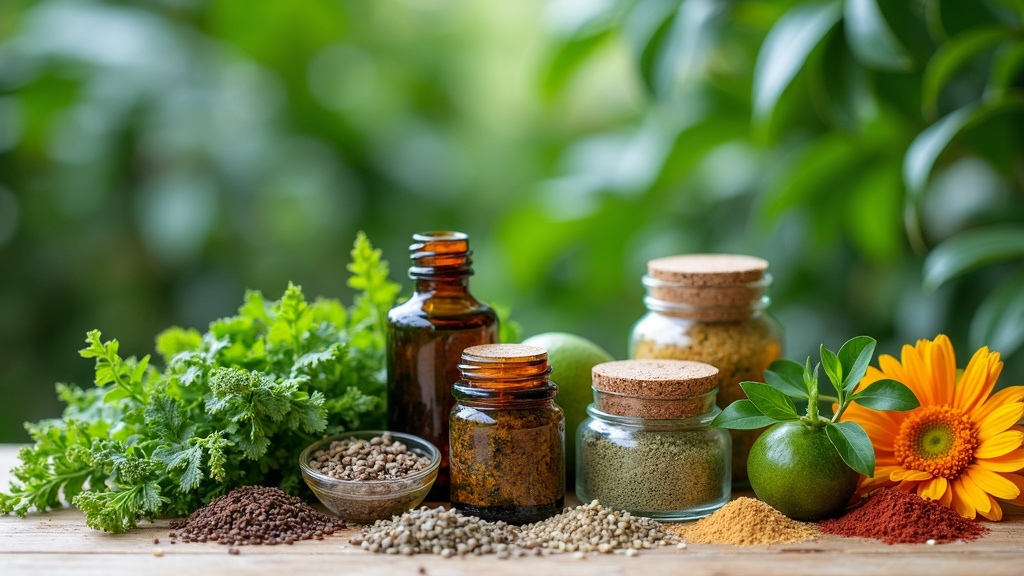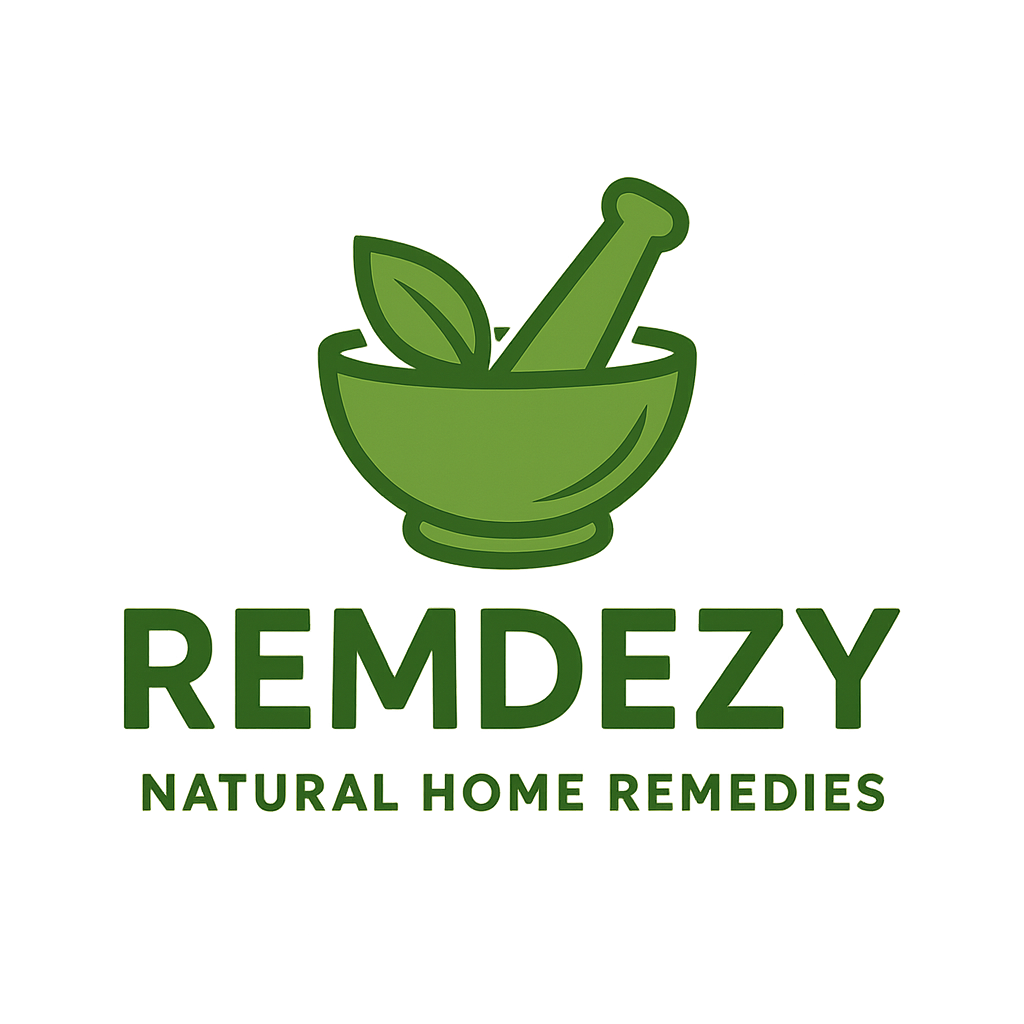Finding effective ways to manage acne prone skin can feel like a never ending adventure. Many commercial treatments come with harsh ingredients that can dry or irritate the skin, so it’s no surprise that more people are turning to herbal remedies for a gentler approach. I’ve looked into herbs, teas, and natural solutions to see what really works for clearing up spots and keeping breakouts in check. Here’s a full guide to what you can try if you want a more natural path for your skincare routine.

Herbs That Can Help With Acne prone Skin
Some herbs have a long history as skin soothers and natural cleansers. They often boast antibacterial, anti inflammatory, or calming properties, which can be really useful if your skin feels irritated or breakout prone. Figuring out which herb is the best for acne prone skin depends on what your skin reacts well to, but a few big names always stand out.
- Tea Tree (Melaleuca alternifolia): This Australian native is usually considered the go to herb for anyone constantly dealing with pimples. The oil from tea tree leaves is naturally antibacterial and helps reduce swelling. Spot treatments or diluted toners with tea tree oil tend to shrink pimples without drying everything out. Research even supports its effectiveness; it’s been shown to compare positively with common acne treatments for mild to moderate breakouts.
- Aloe Vera: Known for its cooling, gel like pulp, aloe vera is a favorite for calming irritation and redness. It’s not just soothing, it has antimicrobial properties too, making it a nice option as a moisturizer or leaveon mask to calm inflamed skin and speed up recovery from acne spots.
- Witch Hazel: Extracted from the bark and leaves of the witch hazel shrub, this plant is popular for its astringent and anti inflammatory qualities. A splash of witch hazel helps tone oily-looking skin, reduce redness, and tighten pores, making it a handy herbal toner.
- Neem: Used for centuries in Ayurvedic skin care, neem leaves are packed with compounds that kill bacteria and help minimize scarring. Neem based cleansers or masks are worth trying for stubborn or recurring acne.
- Calendula (Marigold): Marigold petals are gentle but effective. Calendula helps to reduce irritation and support skin healing, which can be really supportive after a breakout.
From my experience and based on research, if you ask which herb is best for acneprone skin, tea tree usually comes out on top because of its track record. Still, you can cycle through other options to see what suits your skin the best. If you’re just starting out, you might want to patch test a couple of these to check for any sensitivities. Mixing and matching different herbs in masks or toners can provide a wider range of benefits, and sometimes rotating them seasonally helps address changing skin needs. If you find your skin feels especially reactive in colder months, calendula and aloe vera can offer extra soothing comfort, while tea tree and neem hold up well during the humid, breakout prone summer.
The Most Popular Herbal Remedies for Acne
Herbal remedies don’t always mean fancy products or hard to find ingredients. Some of the most reliable options are easy to find at grocery or health stores. If you’re wondering which herbal remedies are good for acne, here are some you can add to your routine without fuss:
- Tea Tree Oil Spot Treatment: Dab a drop of diluted tea tree oil onto breakouts after cleansing. It’s best to mix a few drops with a carrier oil (like jojoba or grapeseed oil) to prevent singeing the skin. For people who are sensitive, using a product that’s already been blended for acneprone skin is smartest.
- Aloe Vera Gel: Straight from the plant or in a pure bottled form, this works as an everyday moisturizer for irritated or flaky skin. It can be used as an overnight mask or layered under your sunscreen during the day.
- Witch Hazel Toner: A swipe of witch hazel on a cotton pad after cleansing helps pick up leftover residue and balance oily skin. Choose alcohol free versions if you want to avoid dryness.
- Neem Face Mask: Mix neem leaf powder with some honey or rose water for an occasional purifying mask. This combo targets those deep, painful spots that seem tough to budge.
- Green Tea Compress: Soak a cotton pad in cooled green tea and apply it over stubborn pimples. Green tea is loaded with antioxidants and can calm swelling and redness.
Plenty of people ask, ‘Which plant clears up acne the best?’ Tea tree and neem are often at the top, but green tea is also catching a lot of attention for its anti inflammatory power. Keep in mind, while these remedies are popular, adding one at a time and seeing how your skin reacts is the best approach. Layering multiple products together may cause irritation, especially if your skin is already inflamed.
Natural Ways to Care for Acneprone Skin
Curing acne prone skin naturally isn’t just about slathering on herbal extracts; it’s also about building good habits. Some simple switches and lifestyle tweaks can make herbal remedies work even harder for you:
- Clean Gently: Overwashing or scrubbing makes breakouts worse. Use a mild herbal cleanser with aloe, calendula, or chamomile to keep your skin calm. Avoid any products with strong fragrance or alcohol, as these can strip the skin’s protective barrier.
- Use Noncomedogenic Oils: Oils like hemp seed or jojoba won’t clog pores, and they sometimes help balance the skin’s own oil production. You can use these as makeup removers or lightweight moisturizers. Even when your skin is oily, applying a few drops of these oils can actually help keep breakouts at bay.
- Pillowcase & Towel Care: Switching pillowcases and towels often helps zap the bacteria that travel onto your skin overnight. Try using fragrance free, gentle detergents, too. If you notice frequent breakouts on your cheeks or jawline, check if your phone or hair is contacting your face during sleep.
- Steaming Safely: A gentle herbal steam (with chamomile, lavender, or rosemary) once a week can open up pores and prep skin for deeper cleansing. Just don’t overdo it; too much heat can make things worse. Steam for no longer than 10 minutes and follow up with a soothing mask or cool compress.
- Balanced Diet: Drinking soothing teas like spearmint or green tea can help reduce inflammation from the inside out. Choosing low glycemic foods and eating more greens can also help support clearer skin over time. Limit sugary snacks and processed foods, which are sometimes linked to more breakouts.
Combining herbal skincare products with a focus on overall health gives your skin a better shot at lasting improvement. Keeping things gentle and consistent is really important. Acne-prone skin often reacts to anything too harsh or too new. Sometimes, just simplifying your routine can make a big difference; going all natural doesn’t mean you need a dozen products.
Tips for Choosing and Using Herbal Remedies
It can be tempting to try everything all at once, but patience pays off. Here are a few things I always keep in mind when adding new herbal remedies to my routine:
- Patch Test First: Herbs are powerful, and natural doesn’t always mean non-irritating. Always do a patch test on a small spot inside your elbow or under your jaw before using a remedy on your face. This simple step can prevent bigger problems later.
- Watch for Allergies: Some people are allergic to certain plants, especially when using pure or concentrated extracts. Look out for redness, itchiness, or any swelling, and stop immediately if you notice these.
- Stay Consistent: Herbal treatments often take a few weeks to show proper results. Stick to one routine for at least a month before expecting big changes. Don’t be discouraged if things seem slow; natural remedies usually step up over time when given a steady chance.
- Pair With Daily Sunscreen: Some herbs can make skin more sensitive to sunlight. Always wear a broad-spectrum sunscreen, even on cloudy days, since UV rays can sneak through and cause irritation or dark spots.
- Consult with a Skin Professional: For severe or cystic acne, it’s smart to check in with a dermatologist or a holistic practitioner. Some natural remedies can interact with other medications or conditions, so getting advice ensures you’re on the right track.
Herbal Acne Remedies FAQ
There are loads of questions I see all the time about using herbs for breakouts. Here are a few answers to clear up the basics and help anyone searching for natural solutions:
Question: Which herb is best for acne prone skin?
Answer: Most people find tea tree oil to be really effective because of its antibacterial action, but aloe vera, neem, and witch hazel are also great options depending on what your skin needs.
Question: What herbal remedies are good for acne?
Answer: Some good ones include tea tree oil spot treatment, witch hazel toner, neem face mask, and aloe vera gel. Drinking green tea or spearmint tea may also support clearer skin from the inside.
Question: Which plant clears up acne?
Answer: Tea tree and neem are two plants that are anti-inflammatory many people rely on them for clearer skin. Green tea is another good pick, especially for calming inflamed skin and reducing oiliness.
Question: How to cure acne-prone skin naturally?
Answer: Focus on a gentle routine using herbal cleansers and spot treatments, keeping your skin hydrated, cutting down on processed foods, and drinking anti-inflammatory teas. Watch for triggers like stress or hormonal shifts, and don’t forget to protect your skin from too much sun.
Real Life Results with Herbal Remedies
Sticking with herbal remedies can take some trial and error, but there are plenty of success stories. Personally, I started using diluted tea tree on spots and swapped my basic moisturizer for plain aloe vera gel. Within a few weeks, my skin looked calmer and less irritated, with fewer angry breakouts. Some of my friends had good luck with neem masks and witch hazel toner. It’s worth checking out a few different options to see what gives your skin the extra boost. When trying a new product, I always jot down my results, so I can spot small improvements over time and fine tune my choices.
- Tea Tree Oil: Best for spot-treating fresh pimples and shrinking swelling fast. Some people also find it works well mixed with a gentle clay mask for a weekly deep treatment.
- Aloe Vera: Great for everyday hydration and calming redness. Try keeping it chilled in the refrigerator for extra soothing power during flare-ups.
- Neem: Useful for purifying skin and supporting healing with regular use. If you’re sensitive to its strong smell, mixing it with rosewater can help make it more pleasant.
- Green Tea: Works well for oily skin and can be calming as a topical or a tea. Applying a green tea compress for five to ten minutes a few times a week can really ease redness and irritation.
Gentle, plant-based skincare can make a big difference for frustrated or breakout-prone skin. Explore a few different herbal remedies, keep things consistent, and your skin might just reward you with a calmer, healthier glow. Over time, even small tweaks—like adjusting your pillowcase routine, or replacing harsher cleansers with milder herbal options—can set the stage for noticeable results. Remember, natural solutions work best when you stick to a routine, stay patient, and let your skin adjust gradually. If you find a combination of herbs and habits that suit you, you’ll have a manageable, effective routine for long term wellness.
